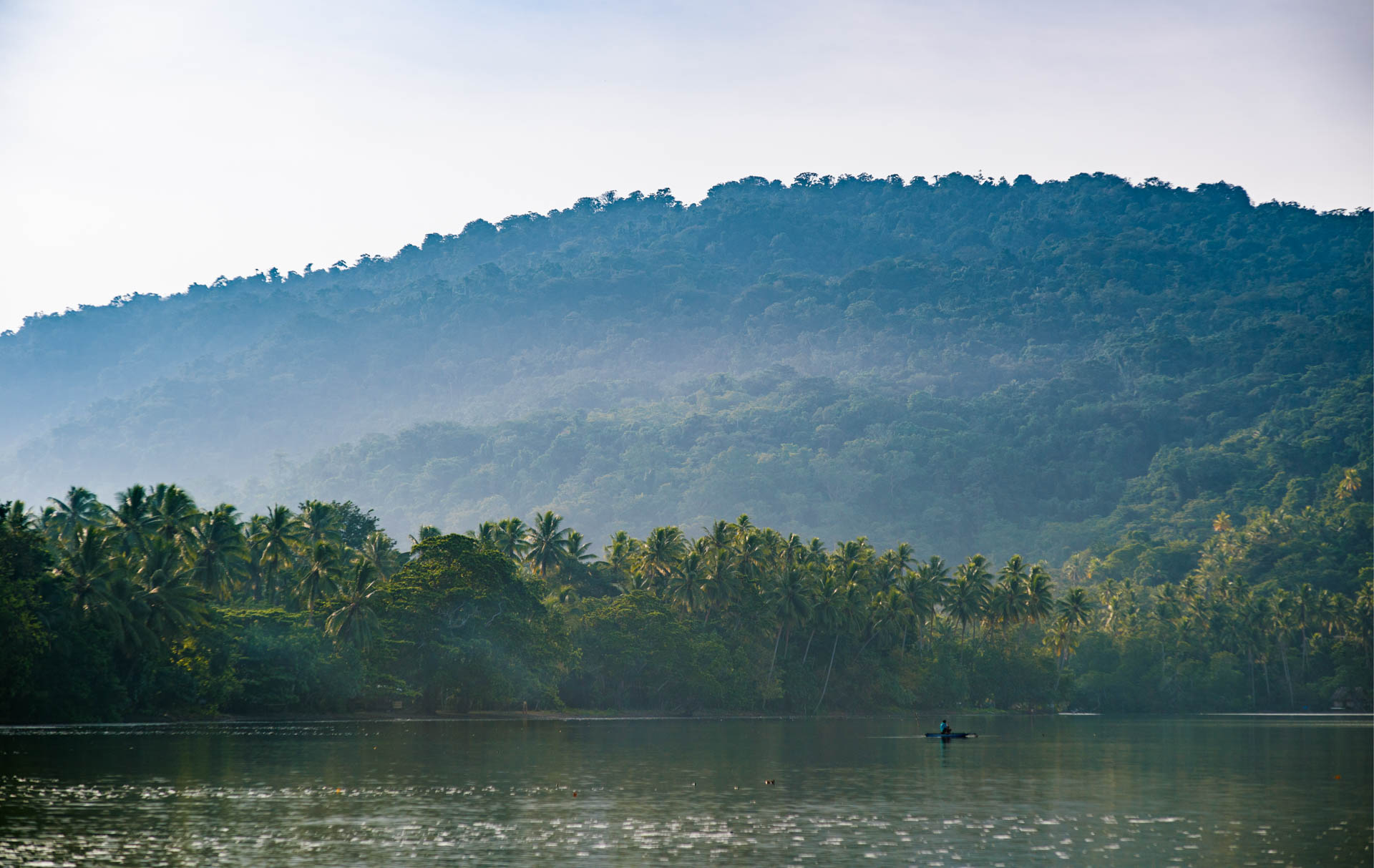Big win for rainforest protection in Papua New Guinea
A protected Areas Act, 14 years in the making, has finally been approved by the Government in Papua New Guinea.
The bill paves the way for Indigenous peoples and rainforest communities to work with the Papua New Guinea government to protect their land. The bill will also enable the government to implement its national biodiversity strategy which aims for rainforests, the communities, and the species that share the rainforest, to thrive.
Stretching 73 million hectares, the New Guinea Rainforest is the third largest rainforest area in the world (after the Amazon and Congo) and incredibly biodiverse, home to 7% of all global species including many rare and critically endangered.
The bill could see real benefits for Indigenous peoples and biodiversity on the island in the years to come.


Wabumari, a village that sits on the fringe of the rainforest and the ocean in Papua New Guinea.
Clifford Yaee-Research & Forest Monitoring Coordinator for charity Cool Earth, based in Papua New Guinea explains:
“Though the bill has just been passed, it will take some time for it to be implemented within rural communities.”
“Once rainforest is legally assigned within a community as a Protected Area, it will not be possible for commercial companies to move in, meaning large areas of rainforest will be safe from activities such as legal logging and palm plantations.”
“Mining, logging and industrial farming is on the rise in Papua New Guinea and the threat is ever present in the communities that we support so this bill is welcomed by all at Cool Earth.”
What does a Protected Area mean?
Protected Areas can be a controversial subject in rainforest conservation as historically they have often resulted in Indigenous peoples being driven from their rainforest homes in order to prioritise biodiversity. However, in this instance the bill is designed to work with communities so they can decide for themselves whether their land becomes a Protected Area and they can continue to be able to decide how they manage it.
The benefits for rainforest communities are also likely to include improvements to basic services, infrastructures and employment opportunities for roles such as rangers (subject to changes from the Conservation and Environment Protection Authority.)
Despite the long wait for this bill to take effect, it is positive news that the country’s government is working to protect Papua New Guinea’s precious rainforest.
Tropical rainforests are homes to hundreds of thousands of Indigenous peoples and also vital carbon sinks that regulate our global climate. Keeping rainforest intact can provide up to 23% of climate mitigation urgently needed to cool our planet. If rainforests stay intact, we all have a better chance of being able to fight the climate crisis.
Read the protected Areas Bill here and find out more about Cool Earth’s work in Papua New Guinea here.
